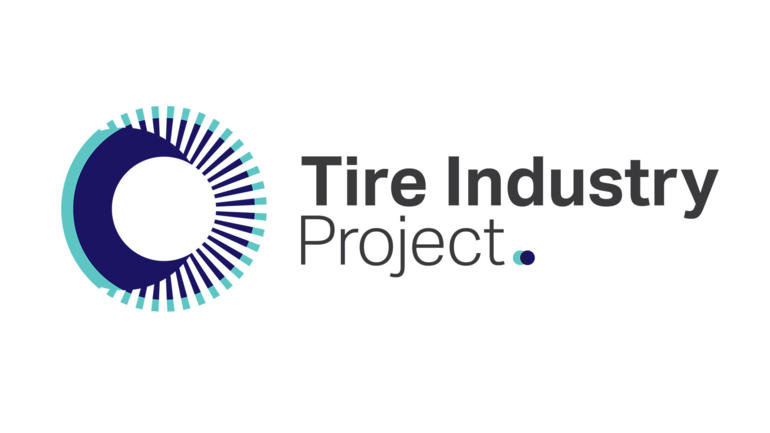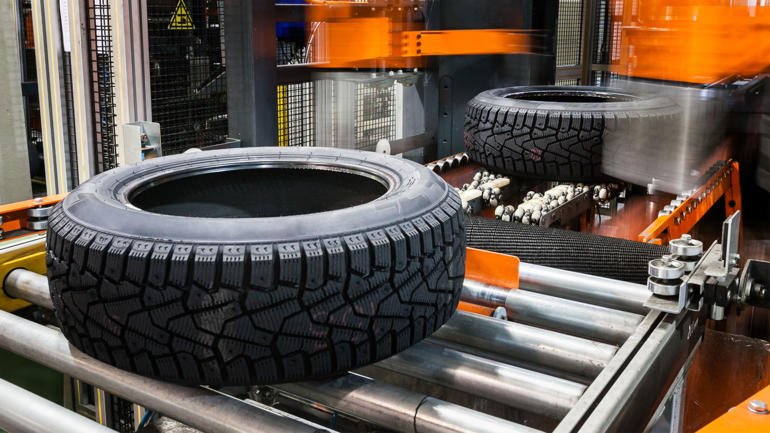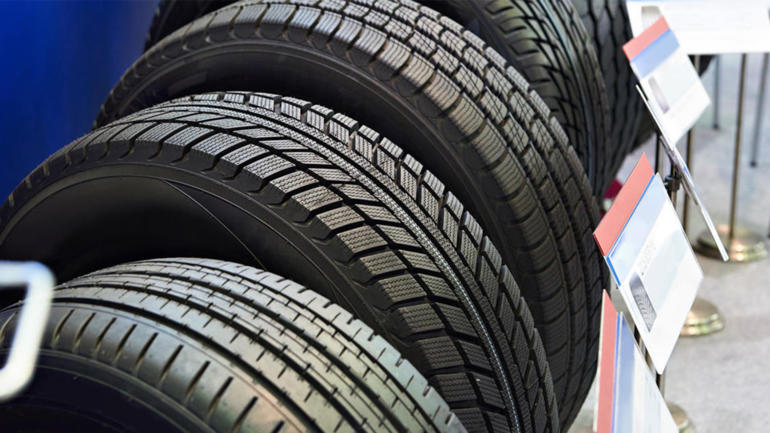Kyoto, Japan, 11 October 2013 - The research shows, based on a comprehensive risk assessment that:
- Both fresh and aged tire and road wear particles (TRWP) are lower than published no-adverse health affect levels;
- Worker exposure to nanoparticles of carbon black and amorphous silica during tire manufacturing is low and is not expected to cause adverse health effects; current existing operational practices to safely manage carbon black and amorphous silica still apply.
CEOs from the world’s leading tire companies in Europe, Japan, Korea and North America met in Kyoto, Japan on October 11 to review the project’s progress and set a forward-looking agenda for continuing research.
The CEOs formed the Tire Industry Project (TIP) in 2005. Working under the umbrella of the World Business Council for Sustainable Development (WBCSD), TIP’s goal is to identify and address the potential health and environmental life cycle impacts of tires. TIP represents approximately 75% of the world's tire manufacturing capacity.
During the past 2 years since the last CEO meeting in 2011, TIP focused on three key issues: potential health and environmental impacts of tire and road wear particles (TRWP), potential health and environmental impacts of nanomaterials, and effective management of end-of-life tires (ELT).
For TRWP, following extensive toxicity testing of TRWP in water, air and sediment from 2006 to 2011, aged TRWP were analyzed, in order to understand the changes in chemical composition and their subsequent impact on the environment. Results show that neither fresh nor aged TRWP are expected to be a risk to humans or the environment. Results will be presented at scientific conferences, and will be documented and submitted for publication in peer reviewed journals.
For nanomaterials, research was carried out to measure worker exposure to nanoparticles of carbon black and amorphous silica during tire manufacturing. Results show that exposure is low and not expected to cause adverse health effects: current existing best practices to safely manage carbon black and amorphous silica still apply.
Also for nanomaterials, an industry-specific case study including best-practices guide for the research, development and industrialization of nanomaterials is currently being developed and will be published early next year in collaboration with the Organization for Economic Co-Operation and Development (OECD). The OECD, based in Paris, is a highly-regarded and influential government organization that works to analyze and compare data to predict future trends as well as set international standards.
For ELT, TIP has previously published information on international end-of-life tire management, and has worked with tire industry associations to develop a manual for effective ELT management systems, released in 2010. This manual, endorsed by the TIP CEOs, is built on experiences in countries and regions where ELT management systems are in place, and has been actively distributed within the TIP companies and through national tire manufacturers’ trade associations. TIP is also actively involved in promoting effective ELT management in many countries around the world.
By taking an early look at industry issues, TIP works to more fully understand environmental and health challenges pertinent to the tire industry, and formulate an approach for making the industry more sustainable. Participating companies in alphabetical order are: Bridgestone Corporation, Continental AG, Cooper Tire & Rubber Company, The Goodyear Tire & Rubber Company, Hankook Tire Company, Kumho Tire Company Inc., Group Michelin, Pirelli & C., Sumitomo Rubber Industries, Ltd., Toyo Tire & Rubber Company Ltd., and Yokohama Rubber Co., Ltd., Bridgestone, Goodyear and Michelin have served as co-leaders of the group’s work to date.
Representatives of the tire industry associations in Europe, Japan, Korea, and the United States also attended the meeting and have supported the group in its work.
An independent assurance group, brought together by the WBCSD, regularly reviews the work. Members of the group include Dr. John Spengler (Harvard University School of Public Health, USA), Dr. Taketoshi Taniguchi (Todai Policy Alternatives Research Institute, The University of Tokyo, Japan), Dr. Lailai Li (World Resources Institute, China), Dr. Emeric Frejafon (Chronic Risk Division, INERIS – French Institute of Industrial Environment and Risks, France) and Dr. Maria Blettner (Institute of Medical Biometry, Epidemiology and Informatics (IMBEI), Johannes Gutenberg-University, Germany).
For more information about the Tire Industry Project, refer to the WBCSD’s website at http://www.wbcsd.org/work-program/sector-projects/tires.aspx or contact:
Philippe Fonta
Managing Director
World Business Council for Sustainable Development (WBCSD)
Tel: +41 (22) 839 31 04
fonta@wbcsd.org








